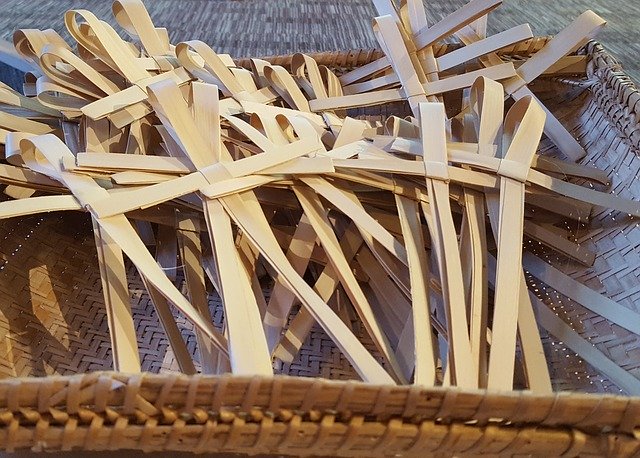Did you hear about the people who decided, in the midst of this extraordinary COVID19 crisis, that they needed to haul down from the attic, up from the basement, or out of the garage rafters—Christmas?
Perhaps we aren’t feeling as brave now as we were early in the days of shelter-in-place, before the magnitude of what we face sunk in, when parents thought it a good idea to summon Christmas cheer in an effort to distract children, or themselves.
Still, their intuition was not off base.
As of this writing, more than 115,000 people have been sickened in our nation alone; more than 3,500 people of Earth have died. I dread thinking about how many beloved parents, grandparents, spouses, children—dear ones—may have died by the time you see this. The intimacy of global suffering moves daily closer.
And this is precisely the connection between the Incarnation of Jesus—Christmas—and the existential crisis we confront—the scandal of the cross. Our God chose humiliation, suffering, and death over omniscience, control, and power. Do we not hear Jesus’ lament in the cries of governors, nurses, and doctors for the basic supplies they need? Do we not encounter the powerlessness of Jesus on the cross in the fear of those who are dying alone, and in the full-throated grief of their loved ones who cannot stand near?
"The boundary between us is such a thin veil! Can we see through it now?"
This seems precisely the meaning of the Holy Week liturgies we are not celebrating.
But what are we doing, while not gathered in our churches for the drama of Christ’s passion?
Perhaps it is good to free liturgical ministers from their duties right now. Rather than have them search in vain for digital replacements for the irreplaceable, could not they, and we, together, turn our attentions fully to the suffering, death—and yes—ultimately—the resurrection of the Incarnate One who lives among us, who is suffering at this very moment, in the bodies of exhausted medical professionals, frightened spouses, and anxious children? Jesus suffers in all the suffering of the world.
While I despair of the Holy Week and Easter celebrations, I do not despair of the feast—or of its profound meaning. That meaning is alive in our midst. Can we, in this one extraordinary moment, pay heed? Seek its meaning? And draw our hope from the solidarity that will surely come—the resurrection that will ultimately triumph—on the other side of death?
Perhaps then we will see clearly that our God draws us into God’s self to communicate that as we belong to God, so we also belong to each other.
It couldn’t be made more clear to us than now. We—Earth and all Earthlings—are so related, so necessary to one another’s well-being, that in order to preserve life we must remain distant from one another. That boundary between us is such a thin veil! Can we see through it now? There are no such things as borders. There is only one human family, only one miraculous home, our Earth, only one communion among us. And we are suffering. All of us.
The distance we maintain now is a gift. It allows us the time and space in which to choose—each of us alone and all of us together—how we will be planetary citizens and members of the global body.
Divisions which have fractured us, citizen from citizen, nation state from nation state, are not irreparable. Now is an extraordinary moment in which we may pass through that thin veil into our deepest truth: Interdependence is essential to the nature—and survival—of our humanity.
This essay first appeared with the title Divisions among us can be repaired, in the Springfield State Journal Register, April 5, 2020.


